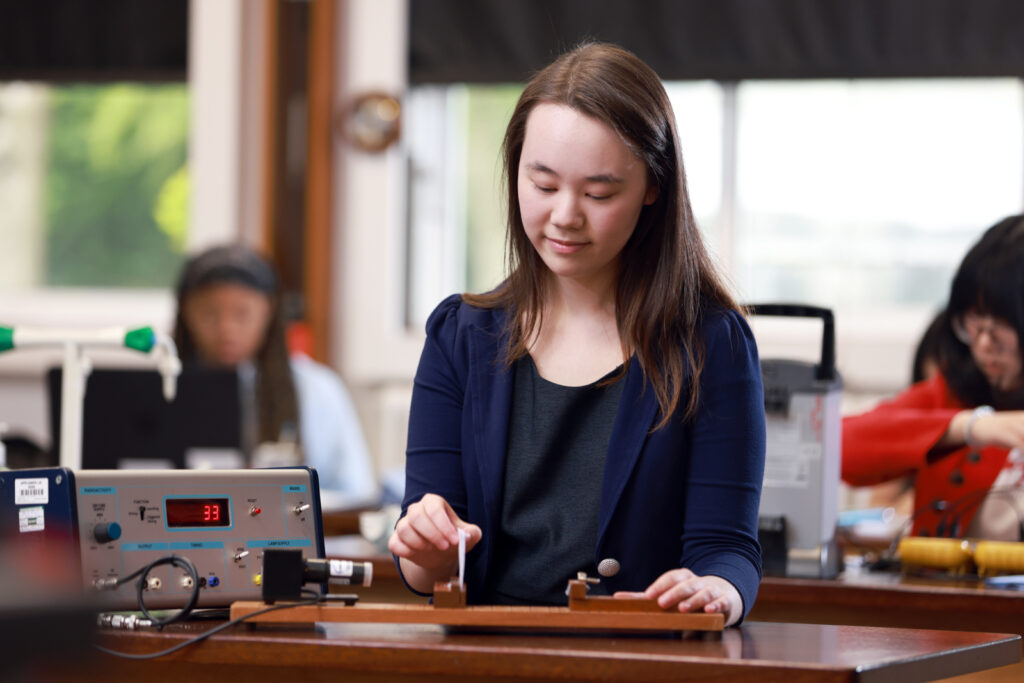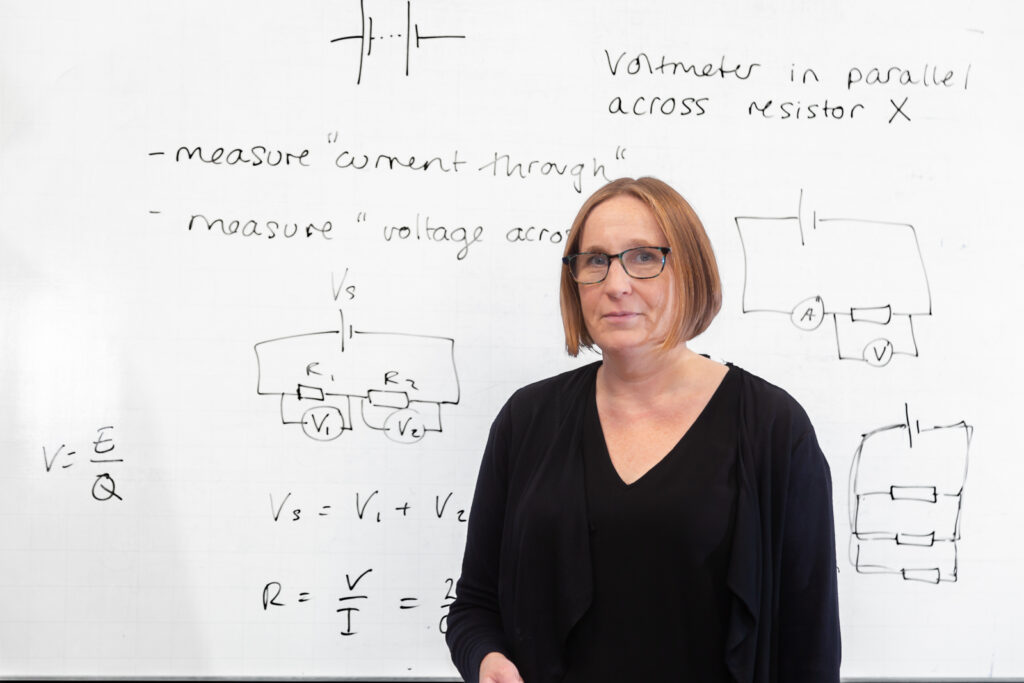Physics

Physics is an exciting and fascinating subject. It provides explanations for almost all that is around us in our world and beyond.
The purpose of physics lessons in Year 7 and Year 8 is to engage and interest students across a range of topics, to give them an insight into what Physics involves. We aim to develop practical scientific skills, as well as providing a basis for their future GCSE work. Many areas of Physics are introduced including measurement, motion, forces, light, electricity, electromagnetism, heat, waves, radioactivity and astronomy.
GCSE Physics seeks to engage students by fostering their curiosity and passion for the subject. It encourages a critical mindset, focusing on the importance of scientific evidence and methodologies, while emphasising the significance of science in society. For those students who move into other areas after GCSE, the foundation of scientific literacy provided by studying Physics at this level remains crucial for engagement as an active citizen in current debates on topics such as climate and the energy crisis. For students wishing to study science further, the course equips them with essential scientific skills and knowledge, providing a solid foundation for A Level Physics and beyond.
The following areas are covered in GCSE Physics:
- Forces and Motion
- Electricity
- Waves
- Energy resources and energy transfer
- Solids, liquids and gases
- Magnetism and electromagnetism
- Radioactivity and particles
- Astrophysics
Meet the Head of Department
Dr Hudgson graduated with a BSc (Hons) in Physics from the University of Manchester and went on to study for a PhD in Particle Physics at the University of Birmingham. As part of her PhD, she spent time working at a laboratory in Hamburg, Germany, on an experiment that collided electrons and protons at very high energies, to better understand the structure of matter.
Before becoming a Physics teacher, Dr Hudgson worked in IT publishing as a technical editor and has also taught English as a foreign language, but an overarching fascination for Physics brought her back to the subject she loves.
At King Edward VI High School for Girls, Dr Hudgson aims to impart not just a knowledge and understanding of Physics, but also a love for the subject and an ambition to find out more and study it further.

Future Careers
Physics plays a crucial role in a diverse array of industries and sectors, including but not limited to engineering, industry and commerce, the financial sector, architecture, transportation, healthcare and medicine, leisure and recreation, communications, energy, environmental studies, and space exploration.
Beyond the classroom
Younger students can enjoy taking part in Science Club or Engineering and older students have the opportunity to engage in some real-world research of their own based on the detection of cosmic ray muons as part of the HiSPARC project.
A Level students are encouraged to take advantage of the evening lectures organised by the Institute of Physics which take place at the University of Birmingham. We run a range of Physics competitions throughout the year from the British Physics Olympiad for students in years 10 – 13.






